Did you know that less than 20% of people with autism participate in structured fitness programs? This reality highlights a pressing need for personalized exercise solutions that support not only physical wellbeing but also confidence and social integration. Autism fitness is more than just a trend—it’s a transformative approach to health, unlocking pathways to improved motor skills, focus, and quality of life for people with autism . In this article, you'll discover surprising insights, explore best practices, and learn how you or your loved one can thrive through tailored fitness.
Unlock the Power of Autism Fitness: Surprising Facts and Modern Approaches
The field of autism fitness is rapidly evolving, as families, educators, and fitness pros recognize the value of customized exercise for the autism spectrum. Traditional fitness programs often overlook the unique challenges faced by individuals with autism, ranging from sensory sensitivities to communication barriers. Recent studies indicate that structured physical activity improves not only fitness levels but also emotional regulation and social participation for people with autism spectrum disorder (ASD).
Innovative programs utilize the PAC Profile Method , developed by experts like Eric Chessen , to assess each individual’s ability level and needs. This ensures a fitness program that is inclusive, engaging, and effective from the very first session. Today’s most effective strategies blend sensory-friendly equipment, consistent routines, and clear instructions, supporting the ASD population in reaching their highest potential—both in and out of the gym.
Did You Know? Over 80% of People with Autism Lack Structured Fitness Programs
This staggering figure sheds light on why investing in autism fitness programs is essential. It’s about more than just exercise; it’s about creating accessible opportunities for every individual. Without proper support, many people with autism face increased health risks and social isolation. Families, educators, and caregivers can change this narrative by connecting with a qualified fitness pro and exploring specialized autism fitness certification options built for success.
Physical fitness tailored for autism doesn’t just develop motor skills—it also fosters teamwork, resilience, and independence. Starting early, whether through school-based adapted PE or community fitness classes, can make a significant difference in a young person’s life trajectory.
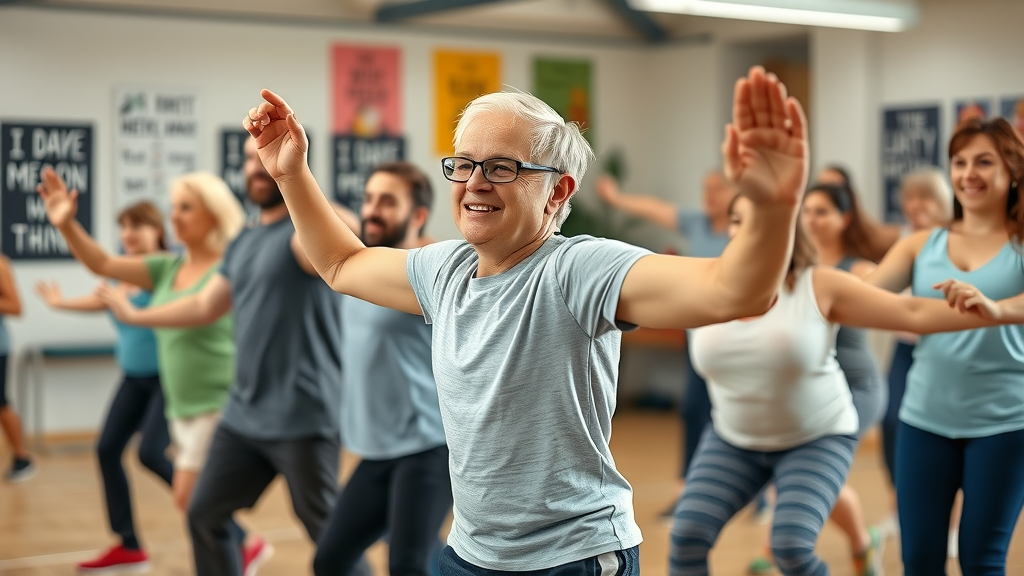
“Physical activity is not a luxury for individuals with autism—it’s a necessity that fuels both body and mind.”
Defining Autism Fitness: What Makes It Unique?
Autism fitness stands apart from traditional fitness programs because it’s not a one-size-fits-all model. Instead, it takes into account the full range of sensory, behavioral, and communication needs of people with autism and related developmental disabilities. Certified professionals develop and adjust workouts to match each client’s ability level, often collaborating with occupational therapists, adapted PE teachers, and family members.
Key to this approach is the use of adaptive equipment, visual supports, and clear, consistent routines. The PAC Profile Method , for example, provides a structured assessment of an individual's Physical, Adaptive, and Cognitive strengths—a holistic way to measure progress and tailor activities. These adapted fitness strategies are designed to build confidence, promote skill development, and improve overall quality of life.
- Personalized physical fitness plans for people with autism
- Incorporation of sensory, behavioral, and communication considerations
- Progressive adaptation to each individual’s needs and abilities
Why Autism Fitness Is Essential for Health and Wellbeing
Investing in autism fitness empowers individuals across the autism spectrum to develop essential life skills, from emotional self-regulation to coordinated movement. The benefits go far beyond just building muscle or increasing cardiovascular endurance. For many people with autism, physical activity forms the foundation for daily routines, confidence, and social inclusion.
Expert fitness pros (often with specialized autism fitness certification ) understand that each person’s journey is unique. By prioritizing adaptive and accessible programs, families and educators help protect against health risks such as obesity, anxiety, and even certain chronic illnesses often associated with sedentary lifestyles. Most importantly, these programs create positive, meaningful experiences—supporting a lifetime of wellness from childhood through adulthood.
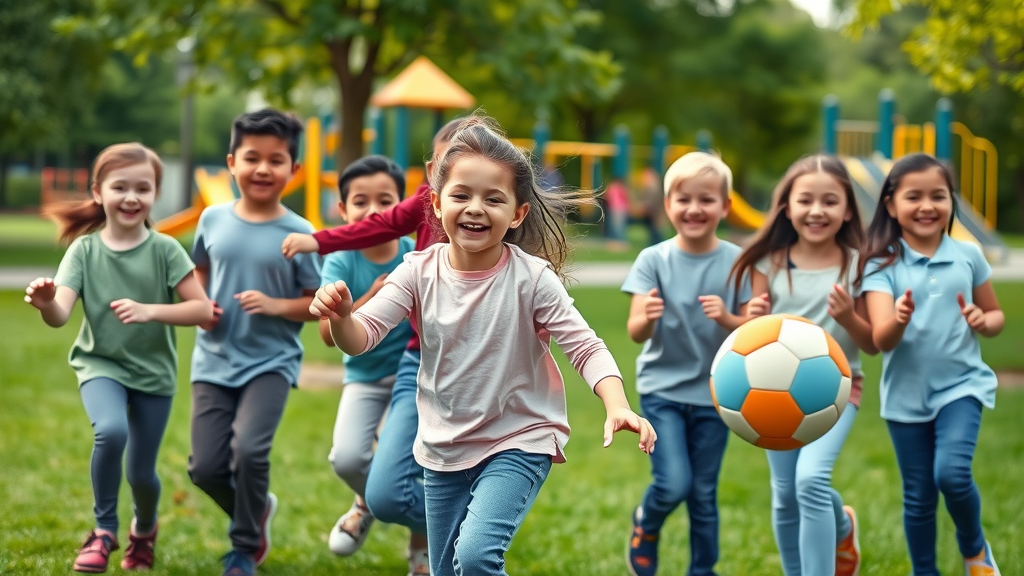
Physical Activity and Long-Term Benefits for People with Autism
Establishing regular physical activity routines offers a host of enduring benefits for those with autism. Motor coordination and muscle tone often improve dramatically, supporting greater independence in daily life. Cognitive and emotional gains are equally significant—structured exercise can increase attention span, decrease anxiety, and enhance communication skills.
- Improving motor coordination and muscle tone
- Enhancing emotional regulation and focus
- Reducing risk of lifestyle illnesses
Research on the ASD population consistently shows that an ongoing, personalized fitness program delivers measurable outcomes in both physical and psychosocial domains. Early intervention and ongoing engagement are crucial, whether through adaptive physical education or a dedicated autism fitness group class.
Debunking Myths: Physical Fitness and People with Autism
Despite outdated beliefs, people with autism are just as capable of achieving physical fitness as their neurotypical peers. The key difference lies in the approach: programs must be responsive to communication styles, sensory preferences, and behavioral patterns. With adaptive techniques and the right fitness pro , individuals not only participate—they thrive.
Misconceptions—such as the idea that autism precludes athletic potential or group class participation—are steadily being dismantled by informed caregivers, expert trainers, and the success of evidence-based programs. Every individual deserves the chance to discover their own strengths and joys in movement.
“Everyone deserves a chance to unlock their fitness potential, regardless of their neurological makeup.” – Expert Fitness Pro
Structured Fitness Programs for People with Autism
The most impactful fitness programs for people with autism are those grounded in structure, clear communication, and adaptive methods. Certified autism fitness professionals use a blend of visual cues, repetition, and gradual skill progression to build both mastery and confidence. Such programs typically draw on the profile method and the latest research in adapted PE to design engaging, sensory-friendly routines.
Consistency is vital. Families, adapted PE teachers , and other support staff are often welcomed into group classes or one-on-one sessions, fostering a positive, reinforcing environment. With guidance from certified fitness pros , participants see progress in their physical health, emotional well-being, and day-to-day self-sufficiency.
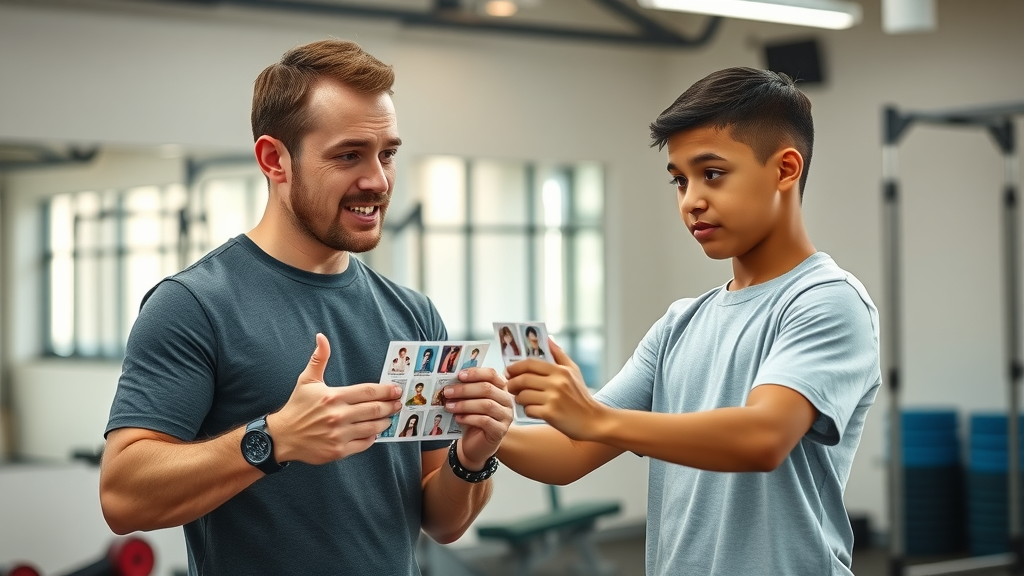
Core Elements of Successful Autism Fitness Programs
- Clear instructions and visual supports
- Consistent routines tailored to individual goals
- Involving families, caregivers, and certified fitness pros
Programs often incorporate strategies from special education and occupational therapy, ensuring that exercises are suited for all ability levels. Best practices recommend leveraging the pac profile for each participant to guide progression and track outcomes, while involving family members in reinforcing fitness habits at home.
| Fitness Approach | Key Benefits | Recommended For |
|---|---|---|
| Sensory-based Fitness | Addresses sensory sensitivities, improves movement | Sensory-seeking individuals |
| Strength & Endurance | Builds muscle, enhances stamina | All ages and abilities |
| Adaptive Physical Education | Customizes activities, increases participation | School-aged children and teens |
Real Results: Transforming Lives Through Autism Fitness
Families and educators continuously share stories of transformation through adaptive autism fitness programs. Improved social interaction, confidence, and independence are frequent outcomes. One parent, for instance, reported a dramatic increase in their son’s communication skills and willingness to try new activities after only a few months in a group exercise program .
These real-life success stories underscore the long-term value of connecting individuals with certified fitness pros and leveraging evidence-based training. Customized programs can unlock joy in movement, boost self-esteem, and lay the foundation for a healthy, active adulthood.
“Since joining the autism fitness program, my son’s confidence and independence have blossomed.” – Parent Testimonial
How to Choose a Certified Autism Fitness Pro
The benefits of autism fitness are amplified when guided by an accredited professional. Selecting the right fitness pro involves more than a simple credentials check—it requires verifying specialized fitness certification and real experience with individuals with autism .
Look for trainers affiliated with well-regarded organizations, such as Autism Fitness LLC or national adapted physical education bodies. The best professionals demonstrate patience, flexibility, and a detail-oriented approach, often working in close partnership with family members and other therapists to ensure continuity.
What to Look for in Autism Fitness Certification
- Accreditation from recognized organizations
- Experience with people with autism and physical fitness
- Collaborative skills and communication proficiency
It’s wise to ask about specific training, such as the Autism Fitness Certification or background in adapted PE . Inquire how the professional adapts sessions for different ability levels and communicates with both participants and families. The right fit ensures safety, motivation, and long-term progress.
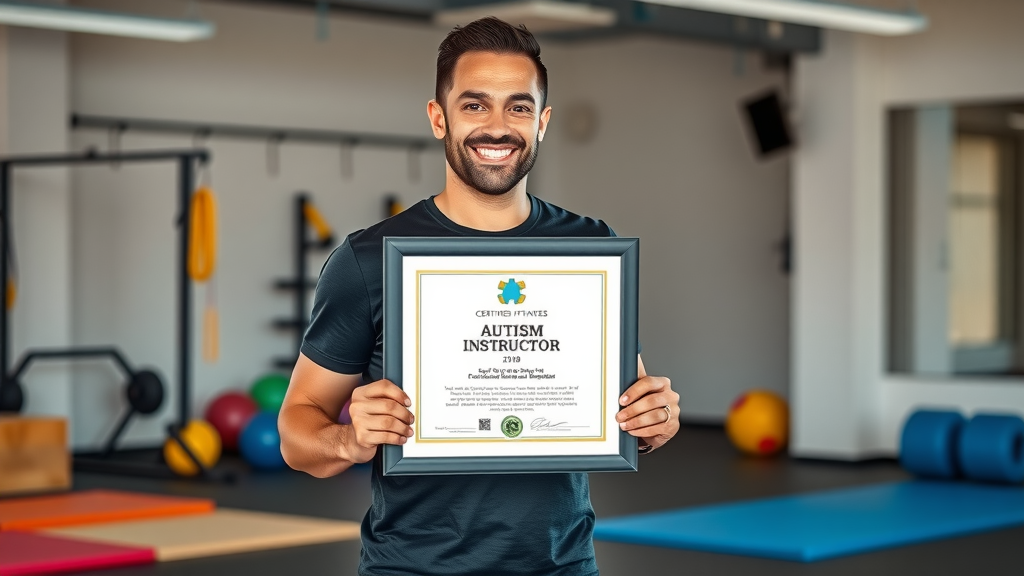
Top Autism Fitness Certification Programs to Explore
| Certification | Provider | Expertise Level | Contact Info |
|---|---|---|---|
| Autism Fitness Certification | Autism Fitness LLC | Professional | autismfitness.com |
| Adaptive Physical Education | AAHPERD | Educators & Therapists | shapeamerica.org |
People Also Ask
Does autism affect fitness?
Yes, autism can impact fitness, primarily due to unique challenges related to motor coordination, sensory sensitivities, and communication differences. However, with the right support, structured fitness programs can help people with autism achieve and maintain excellent physical fitness . Adaptive routines and certified fitness pros ensure each participant gets the right guidance for growth and success.
Which exercise is best for autism?
There isn’t a single “best” exercise for autism—rather, the most effective routine is one tailored to the individual’s interests, motor skills, and sensory preferences. Commonly recommended activities include swimming, yoga, resistance training, and engaging group classes focused on coordination and communication. Programs designed by a certified autism fitness pro or adapted PE teacher can maximize both enjoyment and health benefits.
Are people with autism stronger physically?
Some individuals with autism may demonstrate strengths in specific motor skills or endurance activities, but overall physical ability varies widely across the autism spectrum . A key focus of autism fitness is to nurture every person’s unique abilities and gradually enhance strength, flexibility, and coordination through adapted exercise routines.

Can autistic people be very athletic?
Absolutely. With the right support, adaptive training, and encouragement, people with autism can excel in a wide range of sports and activities. From competitive swimming and track to martial arts and inclusive team sports, tailored exercise programs and consistent coaching unlock remarkable athletic potential for individuals on the autism spectrum .
Taking the Next Step: Join Our Certified Autism Fitness Program Today
- Sign up for a trial autism fitness session with a certified pro
- Download our free Autism Fitness Guide
- Contact us to learn more about our custom fitness programs
Every step counts toward a healthier future. Our team, including certified autism fitness professionals , is ready to guide you or your loved one through a transformative journey—no matter where you’re starting from. Don’t wait; empower your family with the benefits of structured, supportive exercise today!
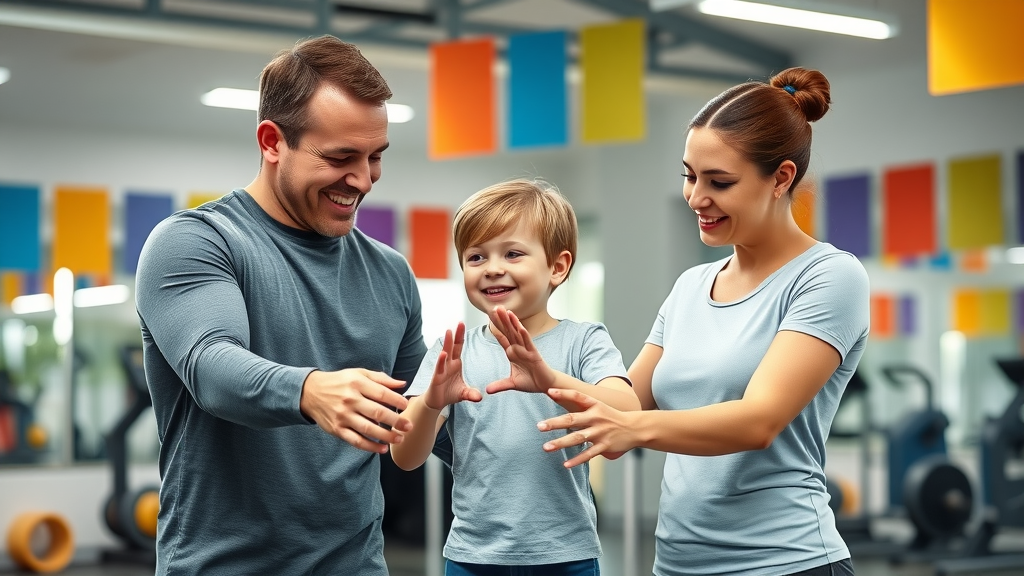
Frequently Asked Questions About Autism Fitness
-
How often should people with autism participate in fitness programs?
Ideally, individuals should engage in structured activities at least three times per week. Frequency, duration, and intensity can be tailored by a fitness pro with autism fitness certification. -
Do you offer online autism fitness certification?
Yes, several accredited organizations provide online certification for fitness pros interested in working with the autism and related developmental disabilities population. -
Can family members join in fitness sessions?
Absolutely. Family member participation is strongly encouraged, as it helps reinforce routines and promotes generalization of skills beyond the gym. -
Are sessions covered by insurance?
Coverage varies depending on your location, insurance provider, and how the program is structured—always check with your provider or ask our team for guidance.
Key Advantages and Final Thoughts on Autism Fitness
“The journey to better health starts with just one step—and with autism fitness programs, every step is tailored for success.”
Take action now: connect with a certified fitness pro , explore trial sessions, and see firsthand how autism fitness can dramatically improve confidence, health, and quality of life for your loved one.
Watch real participants and certified fitness pros demonstrating core exercise strategies, sensory-friendly adaptations, and heartwarming testimonials from transformed families.
In this video, experienced trainers explain the impact of autism fitness certification, share best practices, and inspire more professionals to make a difference.
Follow along with a certified pro in a sample adaptive fitness session—see how visual supports, clear routines, and encouragement drive participation and progress for all ability levels.
Ready to experience the transformative power of autism fitness? Schedule a trial session with our certified professionals or download your complimentary guide today!
 Add Row
Add Row  Add
Add 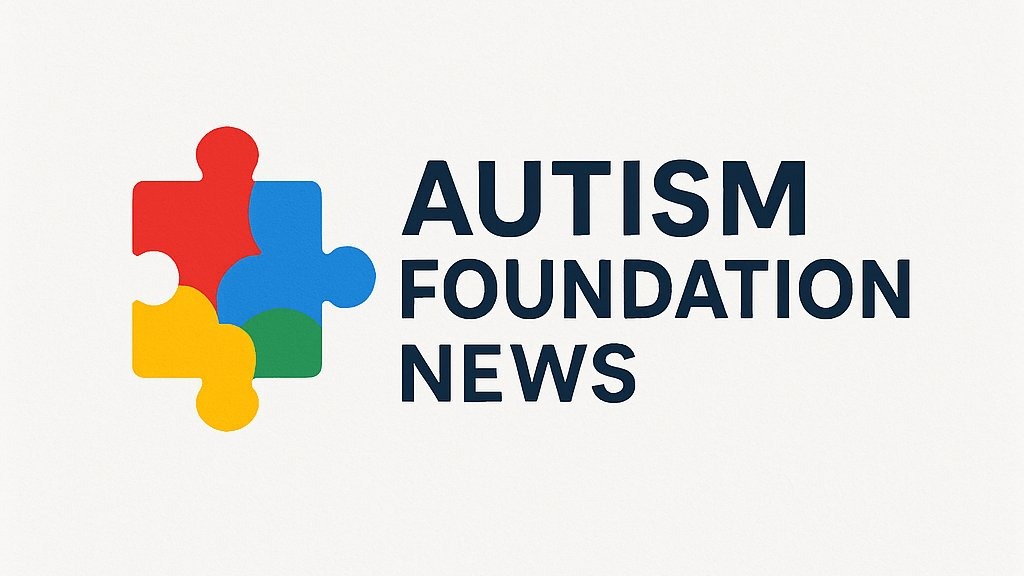

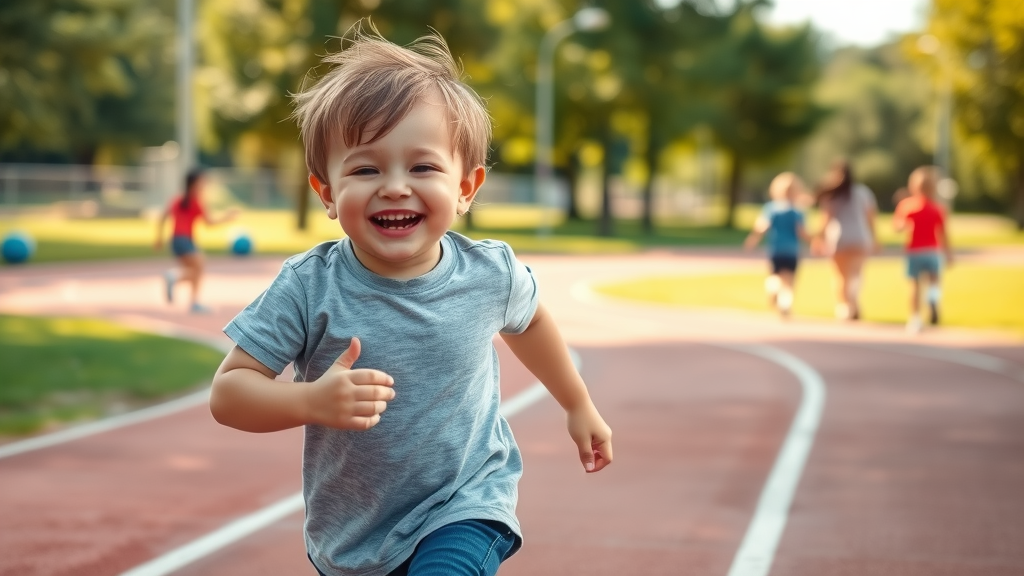
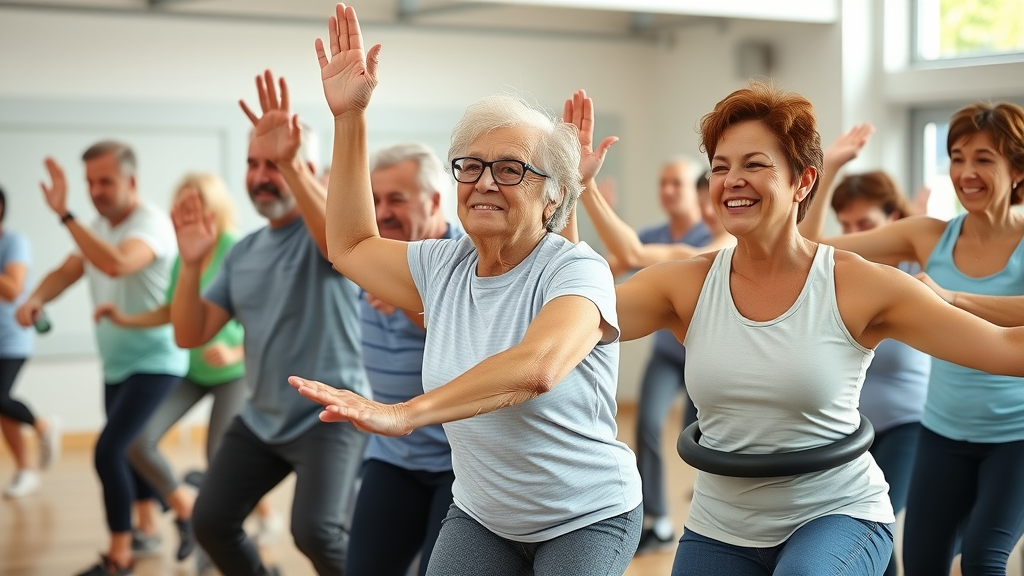

Write A Comment